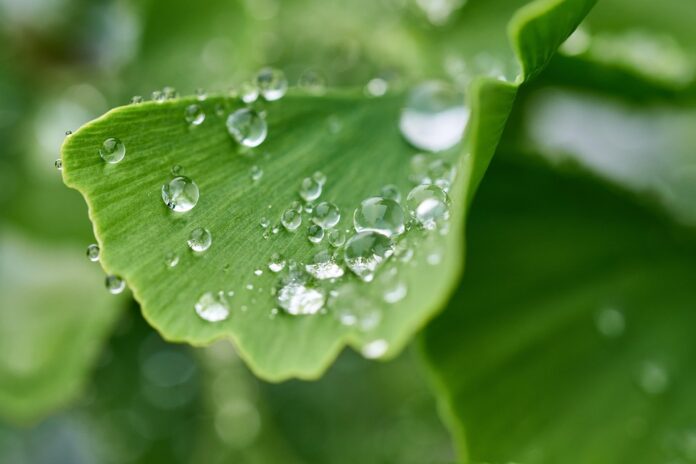The Environmental Appeal of Hydration Enhancers Over Bottled Drinks
Introduction
In recent years, there has been a growing awareness of the environmental impact of plastic waste, particularly single-use plastic bottles. As a result, more consumers are seeking alternatives to traditional bottled drinks, such as hydration enhancers. Hydration enhancers come in the form of powders or liquid concentrates that can be added to water to provide flavor and essential nutrients. In this report, we will explore the environmental benefits of hydration enhancers compared to bottled drinks, as well as the financial implications for companies in the beverage industry.
Environmental Impact of Bottled Drinks
Plastic bottles used for beverages have a significant environmental footprint. According to the Ellen MacArthur Foundation, over 300 million tons of plastic are produced every year, with only around 9% being recycled. The rest ends up in landfills, incinerators, or the natural environment, where it can take hundreds of years to decompose. Plastic pollution poses a threat to marine life, ecosystems, and human health.
Bottled drinks also contribute to carbon emissions through their production, transportation, and disposal. The extraction of raw materials, such as petroleum for plastic bottles, and the energy-intensive manufacturing process all contribute to greenhouse gas emissions. In addition, the transportation of bottled drinks from factories to distribution centers and retailers adds to their carbon footprint.
Benefits of Hydration Enhancers
Hydration enhancers offer a more sustainable alternative to bottled drinks. By using a reusable water bottle and adding a hydration enhancer, consumers can reduce their reliance on single-use plastics. This can help decrease the amount of plastic waste ending up in landfills and oceans. Additionally, hydration enhancers typically come in smaller, more compact packaging compared to bottled drinks, further reducing their environmental impact.
Furthermore, many hydration enhancers are formulated with natural ingredients and are free from artificial colors, flavors, and preservatives. This appeals to consumers who are seeking healthier beverage options that are also environmentally friendly. Some hydration enhancers are also fortified with vitamins and minerals, providing added health benefits.
Financial Implications for the Beverage Industry
The shift towards more sustainable beverage options, such as hydration enhancers, presents both challenges and opportunities for companies in the beverage industry. While some companies may see a decline in sales of traditional bottled drinks, there is a growing market for environmentally conscious products. Investing in the development and marketing of hydration enhancers can help companies tap into this emerging market segment.
According to market research firm Euromonitor International, the global market for hydration enhancers is expected to continue growing in the coming years. This presents an opportunity for beverage companies to diversify their product offerings and attract environmentally conscious consumers. Companies that prioritize sustainability and innovation in their product development are likely to stay ahead of the competition in the evolving beverage market.
Conclusion
In conclusion, the environmental appeal of hydration enhancers over bottled drinks lies in their reduced plastic waste, lower carbon footprint, and healthier ingredients. As consumers become more aware of the environmental impact of their purchasing decisions, the demand for sustainable beverage options is expected to increase. Beverage companies that adapt to this trend and invest in innovative, eco-friendly products are likely to thrive in the changing market landscape. By choosing hydration enhancers over bottled drinks, consumers can make a small but significant contribution to reducing plastic pollution and mitigating climate change.




